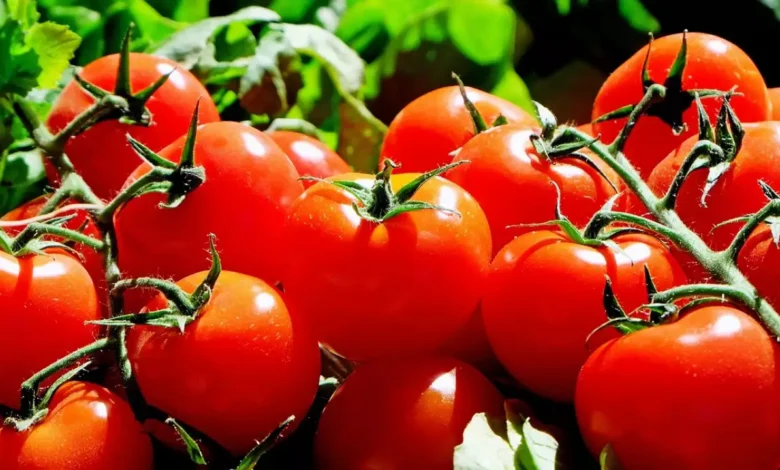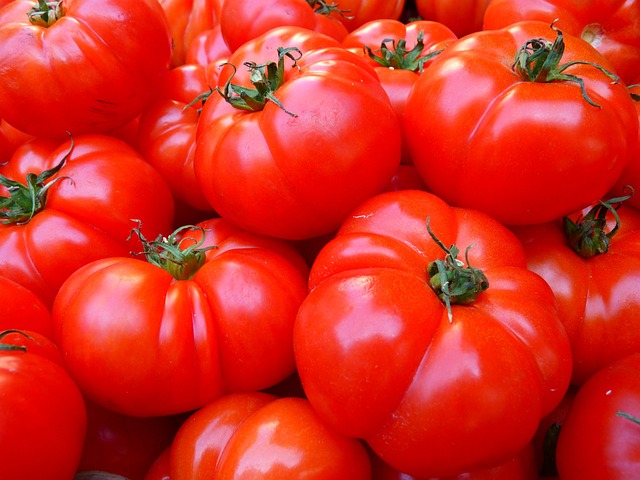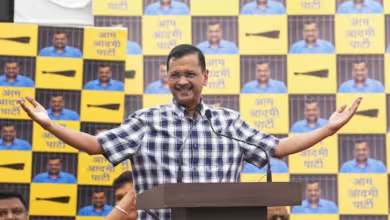From Rs 200/kg to Rs 2/kg, Tomato prices hit the lowest record
The drop in the prices is so high they have become so cheap that farmers are dumping their produce to avoid incurring heavy losses in storage and transport.

Tomatoes which were once considered a luxury for many and were unaffordable for most households just a month ago have taken a massive turnover. The drop in the prices is so high they have become so cheap that farmers are dumping their produce to avoid incurring heavy losses in storage and transport. a well-known cycle of price volatility for essential foods that hurts both consumers and farmers every other season.
Kitchen staple Tomato prices drop due to oversupply and Cobweb effect
According to farmers and supply-chain middlemen, prices of the kitchen staple, which contributed significantly to the increase in consumer inflation in July, have plummeted in major markets due to an oversupply, falling from about 8000 per quintal to 200-300 per quintal in some markets in a couple of weeks. The current issue throws attention to several crucial elements, including the absence of readily available price information for farmers, insufficient infrastructure for food processing, and a phenomenon economists refer to as the “cobweb phenomenon.” This phenomenon happens when high prices during a season of scarcity drive more output, ultimately resulting in a surplus. It is not specific to agriculture and is also seen in some industrial items.

Previously in July, average retail tomato prices tripled from around ₹30 per kg in June to ₹109 per kg. This led to a 7.44% increase in consumer inflation, a 15-month high. Retail inflation in August slowed to 6.83% on the back of easing prices of vegetables, as reported by the HT.
On September 12, tomato wholesale prices in several cities fell to alarmingly low levels, with Pune recording 200 per quintal (2 per kilogram), Hyderabad at 400 per quintal, and Mumbai at 800 per quintal. Farmers in certain areas have resorted to throwing away their tomatoes or selling them as cattle fodder in reaction to these unprofitable rates.
High veggie prices worry Politicians
Perishables’ price volatility is a major political concern. The urban middle class frequently complains when the cost of potatoes, onions, and tomatoes goes up even a little. An onion price shock is thought to have contributed to the incumbent Bharatiya Janata Party state government in Delhi’s loss of the 1998 assembly election. The government, which has little control over the prices of perishables, swung into action by buying tomatoes at high prices and distributing them in major cities at a huge discount. Farmers made unprecedented profits.
According to the report, “The real solution is a big scaling up of food processing. Also, farmers shouldn’t overreact to high prices by switching to a commodity that has seen an abnormal price rise,” said D Narasimhan, an economist with Tamil Nadu Agricultural University.”
The primary problem is from the nature of tomatoes, which have a short growing cycle, high perishability, and limited storage capacity due to their propensity for rotting. According to recent research by the National Bank of Agriculture and Rural Development, these elements, along with output concentration in a few states, contribute to the ongoing market oversupply and ensuing price crashes.
“As this crop cannot be stored unless, in processed form, farmers have to sell off their crop immediately after the harvesting leading to glut and resultant price crash,” the paper states.
To face this challenge experts urge farmers to avoid overreacting to unexpected price spikes by rapidly switching to crops that have undergone anomalous price increases to address this ongoing problem. They also underline the necessity for significant investment in food processing infrastructure.
Please, also have a look into : Surge in tomato prices causes surge in tomato robberies



